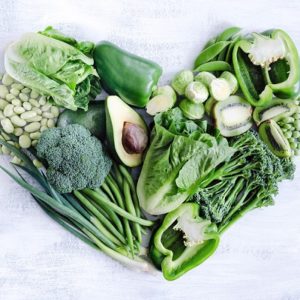Plant-Based Diets
 It is a well-known fact that plant foods are the most nutritious for the human body. Nature did its job by providing us with fortifying natural foods that when eaten in their whole and natural states provide us with energy, good health and the ability to prevent chronic disease.
It is a well-known fact that plant foods are the most nutritious for the human body. Nature did its job by providing us with fortifying natural foods that when eaten in their whole and natural states provide us with energy, good health and the ability to prevent chronic disease.
Now, if we can just stay away from the drive-thru and put down the Twinkies we may all live to be a hundred years old.
Vegetarians follow a plant-based diet that eliminates meat, poultry, fish and sometimes dairy. Vegans follow a stricter plan that only allows for the intake of plant foods and absolutely no animal products or foods that are made from animals, such as butter.
Many studies have been done into the connection between these types of diets and cancer prevention. Is it possible to lessen your risk of cancer through diet alone and do vegetarians do just that? Continue reading
 Diabetes is an increasingly common medical condition, in which the body has an impaired ability to control the quantity of glucose (sugar) in the bloodstream.
Diabetes is an increasingly common medical condition, in which the body has an impaired ability to control the quantity of glucose (sugar) in the bloodstream.
To remove glucose from the blood the pancreas produces a hormone called insulin, in those with diabetes the body either produces insufficient glucose or the insulin that is produced is ineffective at removing the glucose from the bloodstream, in both cases the end result is blood glucose levels which are abnormally high.
There are many risks associated with high blood glucose levels; these include damage to the small blood vessels and nerves throughout the body and a number of associated medical conditions. In a healthy individual blood glucose levels normally range between 4 and 6 mmol/L in a fasted state (such as upon waking). Continue reading






